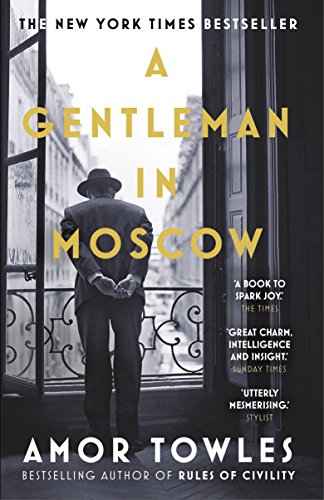Knights were always being retold. You spent your life remembering parts of that story, taking what you needed, forgiving yourself for the rest. Holding your past stories and realising that they did their best, that you were doing your best now. [loc. 3694]
The knights and monsters of Arthurian legend are 'myths stuck on repeat... stories that kept being told in different times and bodies'. In The Winter Knight, the old stories are playing out, with variations, in modern Vancouver. Wayne is an autistic college student; his best friend Kai is trans; Morgan Arcand is the Dean, and Wayne meets her assistant, Bert, at a party where Mo (short for Mordred) Penley, the university provost, is murdered. Hildie, a plus-size, asexual Valkyrie, is assigned to investigate the case, but her mother Grace isn't sure that Hildie can handle it. Especially when there's a second murder ...
This was a fun, high-octane, mostly fast-paced thriller -- some slightly repetitive world-building in the first few chapters -- with a cast skewed towards the queer, the neurodiverse, the outsiders. (Just because they're embodiments of myth doesn't stop them being all-too-human disasters.) It begins as a murder mystery with a decidedly YA ambience, but develops into a story about myths: about making and remaking stories, about breaking away from one's fate, about rejecting the role that society, or culture, or story imposes. Wayne, in particular, doesn't see himself as a knight: Bert (who has an axe under the couch) can't help seeing himself as a monster. The evolution of their relationship is one of the highlights of the novel.
There are a lot of cultural references, almost none of which I recognised (adding to my sense that this novel was aimed at a younger audience). I don't think understanding those references was important to the plot, but I'm sure it would have added to the ambience. (Nitpick: a character enjoys wine, especially 'East Anglian reds'. So.... not our world, then?) I felt the story was unevenly paced, and I'd have liked to see more of the older generation: Vera, Lance, Arthur, Vivian. And what about the wider world? Do knights recur only in Vancouver, or is it a global phenomenon? Overall, though, The Winter Knight was an entertaining read, with an original angle on the Arthurian myths, and especially the story of Gawain and the Green Knight.
Fulfils the ‘Featuring mythology’ rubric of the 52 books in 2023 challenge.
Thanks to the publisher and Netgalley for the advance review copy, in exchange for this full honest review. UK publication date is 04 APR 2023.






